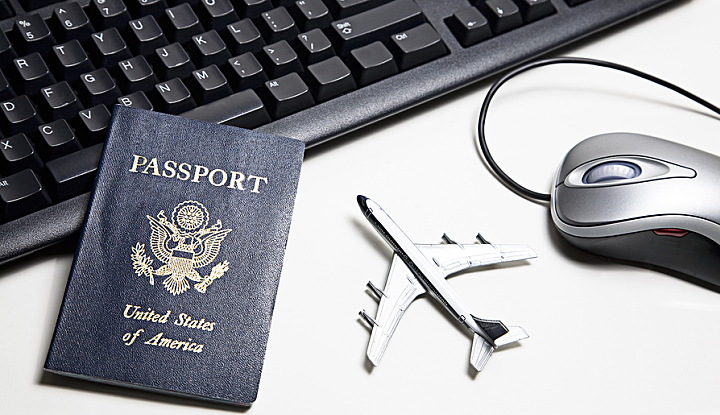BY JEFF BERTOLUCCI
A good travel agency knows what travelers are looking for before they know themselves. How do you provide your customers with the service experience they expect? Luckily, data tools, and more specifically how you use that data, is here to help. With mobile partnerships, configurable workspaces and beacon technology, you can use data to anticipate and cater to the needs of your customers.
The problem is your database marketing strategy won’t drive improvements in travel technology if your organization lacks the right tools to glean insights from it. In order to properly build your travel technology strategy and serve your customers better, these are three data tools every travel agency should put to good use.
Mobile Partnerships
Partnering with a trip itinerary app like TripCase can give your customers the right tools to make travel easier and can make your agency shine in the process. These types of travel apps automatically send users the information that matters most to them, including flight alerts for gate changes, delays or cancellations, as well as itinerary-based data tools like alternate flight options and seat maps. By simplifying the process for customers, itinerary apps provide a good opportunity for agencies to earn customer loyalty and to offer their customers other services after they book their trip. Agency partners can segment different variables to send targeted messages to travelers. No traveler wants to be spammed with endless pitches and promotions, but when working with an itinerary app, your customers will receive the right information at the right time.
Configurable Agency Workspace
Using a configurable workspace allows you to utilize a traditional and graphical workflow—or some combination of the two—to best match their needs. In a fully graphical view, you can quickly locate hotels on highly detailed maps based on proximity to nearby locations, and then email the options to the traveler. In addition, you can manage high volumes of rapidly changing travel data, which provides global access to hundreds of airlines, dozens of cruise lines and car rental brands, and nearly 180,000 hotel properties, allowing agencies every travel tool right at your fingertips.
Beacon Technology
Beacons are low-cost transmitters that use Wi-Fi technology to identify a smartphone’s indoor location—something that isn’t often possible via cellular. Apple’s iBeacon protocol, compatible Bluetooth Low Energy (LE) devices from other vendors, and NFC, a competing travel technology, have similar potential. Travel agencies can currently leverage the mobile purchasing data—information about flights, hotels, car rentals—to understand the way people travel broadly. But beacons, on the other hand, provide data as to where customers actually visit once they’ve arrived at their travel destination. As Tnooz reports, it’s important to create an effective beacon strategy, but once you have this in place, the technology might identify a previously unknown neighborhood in a city as a new hot spot when more mobile locations are being discovered there. The power in this is that it allows you to make better recommendations to your customers for restaurants, entertainment, shopping, and other tips at the point of sale. Traveler behavior can change quickly, so the insights from beacon technology allow you to keep up with your customers’ needs before they know what they are. The opportunity here is customer engagement through booking and beyond.
